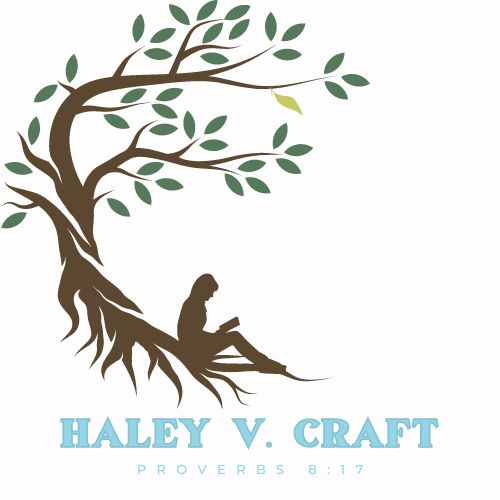There is no fear in love; but perfect love casts out fear, because fear involves punishment, and the one who fears is not perfected in love.
1 John 4:18 (NASB)
In that day it shall be said to Jerusalem:
“Do not fear;
Zion, let not your hands be weak.
The LORD your God in your midst,
The Mighty One, will save;
He will rejoice over you with gladness,
He will quiet you with His love,
He will rejoice over you with singing.
Zephaniah 3:16-17 (NKJV)
Love is a pretty interesting thing. It’s one of, if not the, most sought-after thing on the planet, and even so, I think we have a difficult time figuring out what it actually is. It’s intangible and unquantifiable. There’s little in the way of science that helps us understand it in any way deeper than the chemical reactions that take place in our brains in association with the word. We know by instinct that it’s something desirable, and psychological research has classified it as a core human need, but its actual substance remains, in some ways, a mystery.
I think this is in large part due to love’s connection to emotions. Pop culture and the overabundance of reality dating shows like to brand love as an emotion itself, but that definition doesn’t hold up. Love certainly is related to emotion—there’s a plethora of emotions we feel in connection to love—but there’s a problem with this definition. Emotions are reactionary. They’re reactions to what’s going on around us, and deep down we know we don’t want the love of our friends and family to just be reactions to what we just did or said.
There has to be something more; there has to be something bigger out there. C. S. Lewis made the argument in Mere Christianity that we don’t have needs that don’t have a fulfillment. We get thirsty because there is such a thing as water. We get hungry because there is such a thing as food. And it’s the same with love. We soul-level-crave a love that runs deeper than chemical reactions and emotions because there is a love like that out there—the love of God.
God’s love—that perfect love we all so deeply want to find—is still tied to emotions, but it is not defined by those emotions.
In 1 John 4, we get to see how love relates to fear. I think fear is often connected to love here on earth because if we have someone’s love, especially someone who we also love, then one of the scariest possibilities to face is the possibility of losing that love.
I struggled with that early in my marriage—being so afraid that my latest quirk or failing would be the thing to send my husband over the edge and out the door that I would shut down. I would be a weepy mess, unable to even begin putting my fears into words without a lot of patience and affection. My sweet husband never once did anything that would make me believe that his love for me could be lost, but I saw any conflict as a sign that it could.
Just like my fear of losing my husband’s love, we can often fear losing God’s love, but there’s no need. The phrase perfect love is made up of two words: teleia and agape. Agape is the Greek word for the deepest, purest, most sacrificial form of love. It’s the love that’s not based on emotions, but instead is a choice to put another person’s needs ahead of yours. Teleia means complete or whole.
So even in a very broken world where we are very aware of the fact that strong things can break, the love God has for us—that deep decision-based love—is complete and whole. No cracks or chips. That’s why it can cast out fear. Because it can’t be broken or lost like the love we find on earth, but even so, how can we be this confident in something if we have no idea what it is like?
Enter the prophet Zephaniah. The book of Zephaniah is largely a book warning the people of Israel that judgment is coming if they do not repent of their sin, but something beautiful happens at the end of the book. Even if the people don’t repent and choose to face judgment head-on, God promises restoration.
It’s not a restoration to the broken way things were before, but a full-fledged God-style redemption that restores things to the way they were originally meant to be. Sin and evil are gone and there is nothing to separate us from God and the love our souls long for. And even so, even though the people in the prophecy had finally been saved and restored to right relationship with their God and Creator, they’re not the ones who are the most excited about it.
When sin is abolished, it’s God who’s the most excited as He joyfully draws close to His people. He comes shouting and singing, eager to quiet all our fears with His love, and the best news is we don’t have to wait until we meet Him face to face to receive this fear-expelling love. We just have to accept His invitation to be part of the family of God.
If you’re interested in knowing more about or accepting the invitation He’s given us, please message me. I’d love to talk to you more about the Love that casts out fear and fills our soul’s deepest need. God bless!






0 Comments